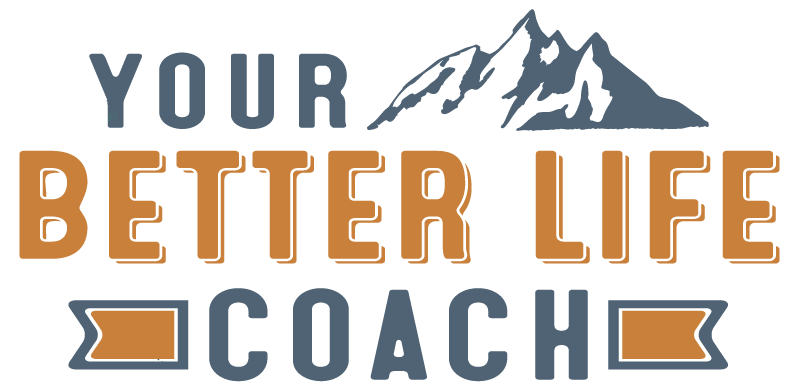The origin of this phrase is attributed to a British playwright Ben Jonson in his 1598 play, Every Man in His Humor, which was performed first by William Shakespeare, who later gladly picked it up and used it in his circa 1599 play, Much Ado About Nothing. It resurfaced in 1898 when Ebenezer Cobham Brewer included a mention in his Dictionary of Phrase and Fable.
Truly much ado about nothing.
Here’s what curiosity got me early on in my life.
This story is a mix of first-hand experience and anecdotal evidence. At about 21 months old, I was curious about what was going on in the cement bowl of a birdbath. So I grasped the edge to climb up and see. Down came the cement bowl on my leg, and yup! Broken leg. I didn’t know that at the time. I just knew something hurt.
What I remember is army-crawling to the house. Instinctively I knew it was important to report the accident to my superior: mom.
I don’t remember anything but the crawl. I know the rest of the details from accounts of family members and pictures of me in a cast at my 2-year-old birthday.
Curiosity does have its consequences.
My second story goes something like this. (Again, as reported by family members.) It seems my dad would take my brother and me to the local barbershop in this 2,000 person town to get haircuts every other week. And I’m somewhere around 3 or 4 at the time. The barber happened to be a really good friend of my father, and that part is important.
My curiosity showed up in the barbershop and often, much to my dad’s chagrin. As the story goes, whenever someone else would walk into the barbershop, I would ask them the following list of questions (not exhaustive, it seems): What’s your name? What’s your wife’s name? Do you have kids? What’s their names? And so on and so on.
The barber (my dad’s good friend) noticed that I would do this, and he also noticed, in time, that it irritated my dad. So what does a barber who’s your dad’s good friend do when a curious 3-4-year-old forgets to interrogate the next client?
BARBER: Aaron, don’t you want to know what that man’s name is?
And off I went with my rehearsed litany of questions.
Curiosity does have its consequences. It wasn’t long after that that my dad began keeping us home and buzzing our heads with his newly-purchased set of shears.
Yes, curiosity does have its consequences. But curiosity also has its privileges and advantages.
I’ve noticed in life that if I ask people questions about themselves, I don’t have to spend so much time talking about myself, and for a classic introvert, that’s very helpful and very strategic; that’s the privilege.
When I ask people questions about them, I’ve also noticed that we tend to make a stronger connection. And that has served me well. I tend to believe it serves anyone well if they genuinely want to connect with others.
For example, I love sitting in an airport or a mall or just anywhere a crowd gathers. And I begin imagining people’s stories; about their life. I like doing that to pass the time. I’d love to have them sit down and ask them about their lives and see how close I came to reality.
When someone asks me where I grew up, I pause every time, thinking, “I’m not sure I’ve actually reached the grown-up point.” Why? Because I still look at the world and people and things with a childlike wonder. I’m just a curious soul.
I’m mostly curious about God and why He set things up the way He did, why He acts and thinks the way He does, and what in the world is His Big Plan For Everything? Oh, and why He left the church in the hands of broken people to lead other broken people. (Just the way I think.)
And when I get answers, I end up with more questions. Curious people like me aren’t frustrated with that. Our curiosity is energized. Strange phenomena? Not so much. Just the way I happened to be “fearfully and wonderfully made,” it seems.
What about you?
Are you curious still? Or has the stuff of life stripped you of your childlike curiosity, your childlike wonder?
If you’d like to connect, I have a list of questions to ask you. If you’re game, let’s get started.


